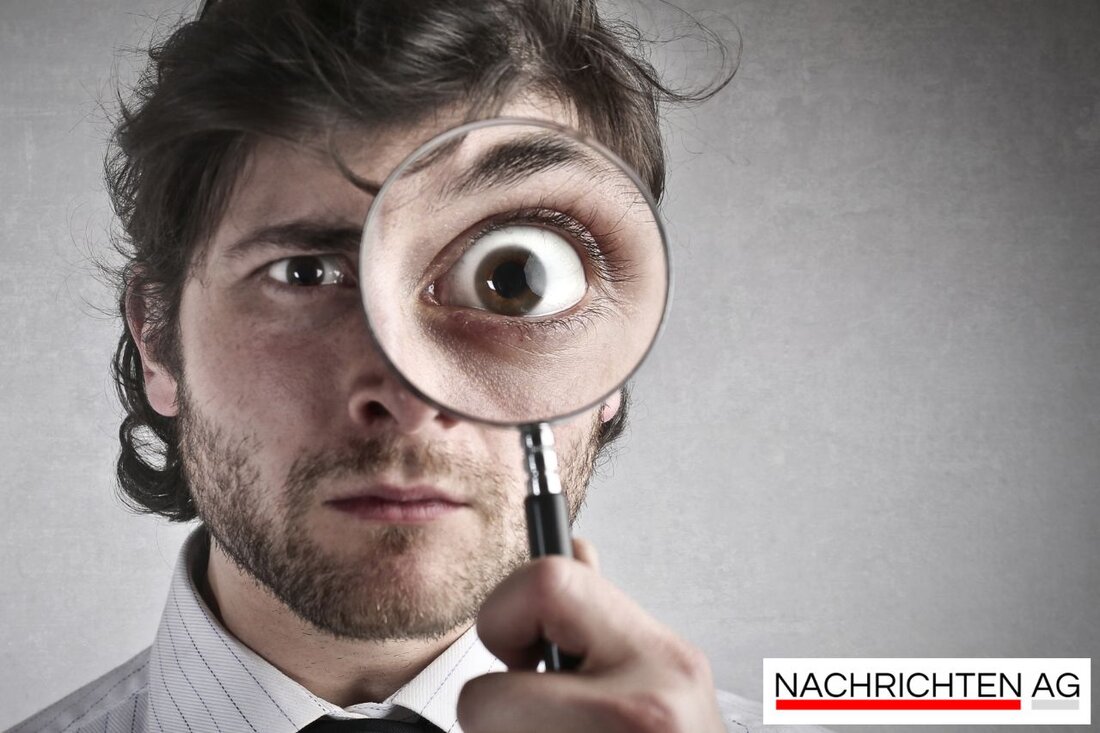CDU and FDP in Rostock: Participation in the AfD summer festival outraged!
CDU and FDP politicians took part in the AfD summer festival, which was criticized as breaking a taboo. More about the event and the reactions.

CDU and FDP in Rostock: Participation in the AfD summer festival outraged!
Last Saturday the AfD summer festival took place in Rostock, Mecklenburg-Western Pomerania, which caused quite a stir. Members of the CDU and FDP were also present at this event, which was seen by many as a tangible “breaking of a taboo”. Loud fr.de Thomas Diener from the CDU and Sandy van Baal from the FDP attended the festival, which means that the clear demarcation between their parties and the AfD is in jeopardy.
The criticism of this visit was not long in coming. The AfD parliamentary group leader Nikolaus Kramer initially posted pictures of the festival on Facebook, but quickly deleted them from Instagram. Kramer is not an innocent person: in 2018 he made headlines after using the N-word, and in 2024 he was accused of provocatively attacking an SPD MP with comments about “internment camps”. On Facebook he also commemorated the summer solstice, a date that is also celebrated in right-wing extremist circles. spiegel.de reports that the AfD stated that it was the first time that members of the state parliament from the CDU and FDP had taken part in this event.
Criticism and justification
After the festival, other politicians also commented on the visits to the AfD. SPD General Secretary Julian Barlen described the presence of the two MPs as evidence that the demarcation from the AfD was breaking down. Michael Noetzel from the Left agreed with this opinion and criticized participation. CDU state and parliamentary group leader Daniel Peters tried to limit the damage and emphasized that Diener did not take part in the summer festival on behalf of the CDU state parliamentary group. He also made it clear that cooperation with the AfD was “out of the question”.
The FDP politician van Baal also had to justify herself. She explained that her participation was part of the democratic self-image and emphasized that she ruled out cooperation with the AfD. The FDP also made it clear that van Baal bore political responsibility for their actions. This comes from the study by the Berlin Science Center for Social Research, which documented almost 1,000 cases of attempts at cooperation with the AfD in the district councils between 2019 and 2024.
The context of right-wing extremism
The statements surrounding the AfD are evidence of a deeper problem. According to an analysis by the bpb.de Right-wing extremism represents an ongoing threat to democracy in Germany. The structures of right-wing extremist actors are diverse and show stable basic ideological patterns that adapt in response to social changes.
The AfD is now classified as “certainly right-wing extremist,” and legal disputes over this classification are ongoing. The party plays a centralized role in organized right-wing extremism, supported by a variety of informal structures that use modern manifestations and tactics. This makes identifying and combating these extremist movements much more difficult.
At a time when social crises and the spread of right-wing extremist attitudes are increasing, politicians and citizens should be vigilant. It is crucial that democratic values and a clear demarcation from extremist tendencies are consolidated in order to preserve the integrity of our society.

 Suche
Suche
 Mein Konto
Mein Konto